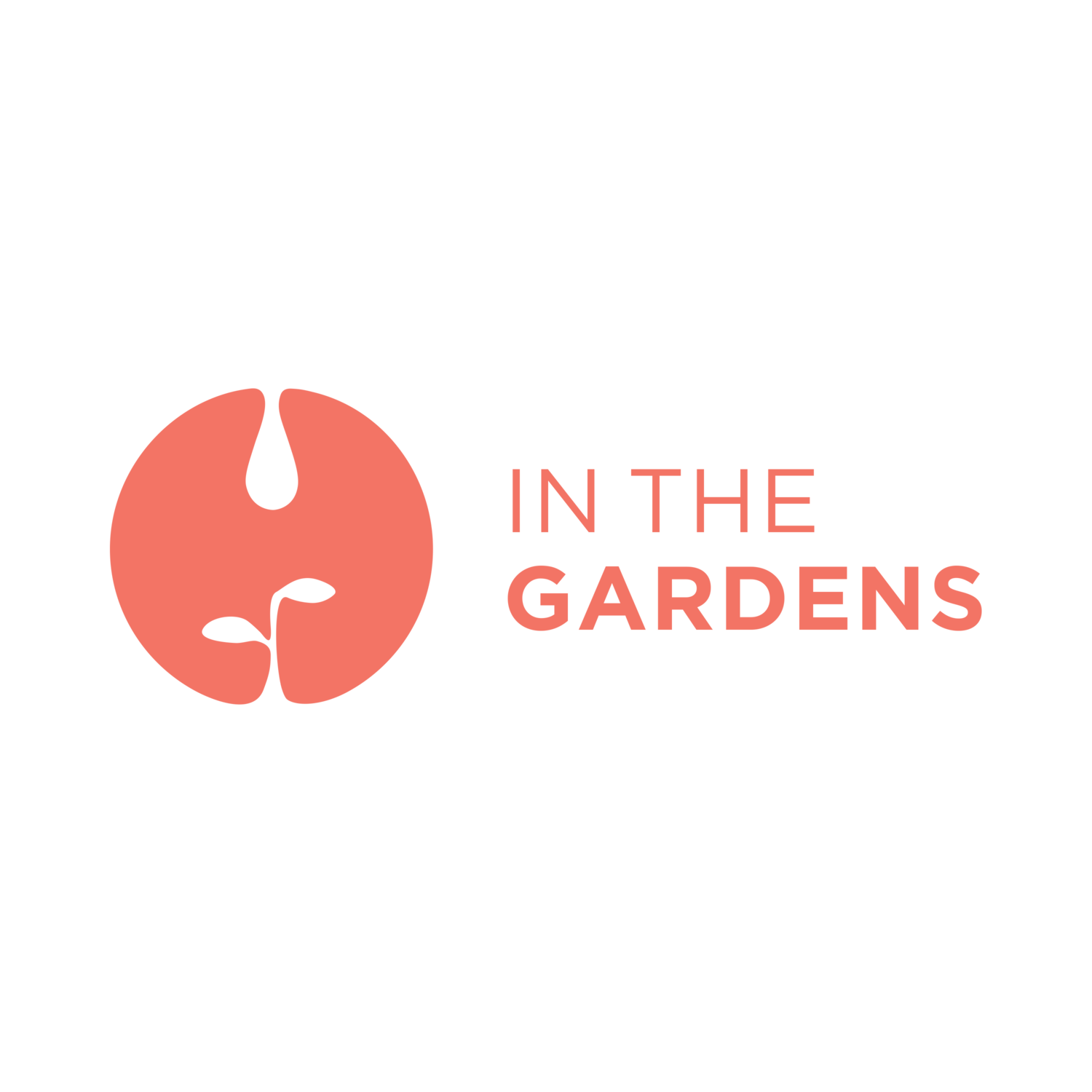In Praise of Water
I spent an extended weekend in southern California this past weekend celebrating my father’s 83rd birthday. Having lived in California for about fifteen years, it is always a treat to go back.
I was struck by the beauty. Palm trees overlooking the panoramic ocean view are bordered by blue skies filled with sun. Although I didn’t see any vegetable gardens growing in the places we were visiting, I remembered that plants growing here in the Midwest only in the summer – for example, Spanish lavender grows there all year round, and because of this, becomes quite large and naturalized. The lavender’s flower spikes were four to five inches tall and thick with scent. I was reminded that rosemary, another seasonal plant in Chicago’s zone 5 climate, not only grows year round in southern California, but is planted as borders and ground cover, filling in spaces that can be several yards wide and hundreds of yards long. The smell is just luscious; slightly astringent while mildly aromatic. When it is in bloom, as it was this past weekend, the small bluish-periwinkle flowers add just a hint of sweetness.
On my way back to the airport I had another experience. California is well known for sculpting its highways with gorgeous plants. I remember the years I lived in Santa Barbara basking in the whites, pinks and reds of the oleander border lining Route 101. Heading from Newport Beach this week to LAX, there were stretches of highway with high cement walls covered with creeping ficus. Grown as a small houseplant here in Chicago, there it is planted on walls and covers homes, much like ivy or Virginia creeper. The ficus covered the highway’s walls for stretches of up to a quarter of a mile long. Then I noticed a spot in the wall where it appeared the plants hadn’t been thriving. Torn down, I wondered? And as we kept driving, I saw more stretches of these dead ficus vines. No. Not torn down, I realized as the dead stretches began to overwhelm the living. Killed by drought.
Going to a hotel or resort in Southern California one can be totally unaware of the hideous lack of water that the state faces. Lawns are green, golf courses abound and the landscaping is rich. One is shielded from the drought that has been racking the state for five years and is getting substantially worse. In 2014, Governor Jerry Brown declared a drought emergency, and this past May, he issued an order for continued water savings as the drought persists.
Drought has an intense impact. It is not simply that water levels decline. Water quality actually degrades. Land can sink causing permanent loss of storage areas for groundwater. Wildfires easily start, as evidenced in recent years by the overwhelming number of fires raging out of control in California, damaging homes, wildlife, natural areas, and worst of all, taking lives.
Of course, there is also an impact on agriculture. Last year many farmers uprooted their almond trees because there wasn’t enough water to produce almonds, and the trees became diseased, either burned by salt or infested with insects. Farmers have had to cut their water use, affecting their production of all foods. You may have noticed that lettuces and spinach from California this year haven’t looked their best. They come in wilted. And it’s been a terrible year for avocados.
Living here in the Midwest we are blessed with abundant rainfall; sometimes we even think we have too much. But when we pick our abundant cucumbers and grapes, foods that are filled with water, and we taste their sweetness, we have the rains to thank not only for their juicy succulence, but for their actual existence.
As temperatures rise around the world and more of our earth experiences drought, it is upon us to acknowledge the sacredness of our water and to use it wisely. Setting up drip systems for our gardens in place of sprinklers saves water. Using low-flow toilets and showerheads, a requirement in some cities in the world, is good common sense, even here in Chicago. Being mindful of the water that we often let run from our faucets can lead us to turning off our taps when not in use. And ultimately, growing more food locally can ease the burden of the agricultural demand that we place on the year-round growing opportunity found in parts of California and other areas both inside and outside the US. In so doing, may we cultivate appreciation of our water and tend it well so there is enough clean water for the needs of our planet and all of the creatures for whom it is home.
Rabbi Robin Damsky



